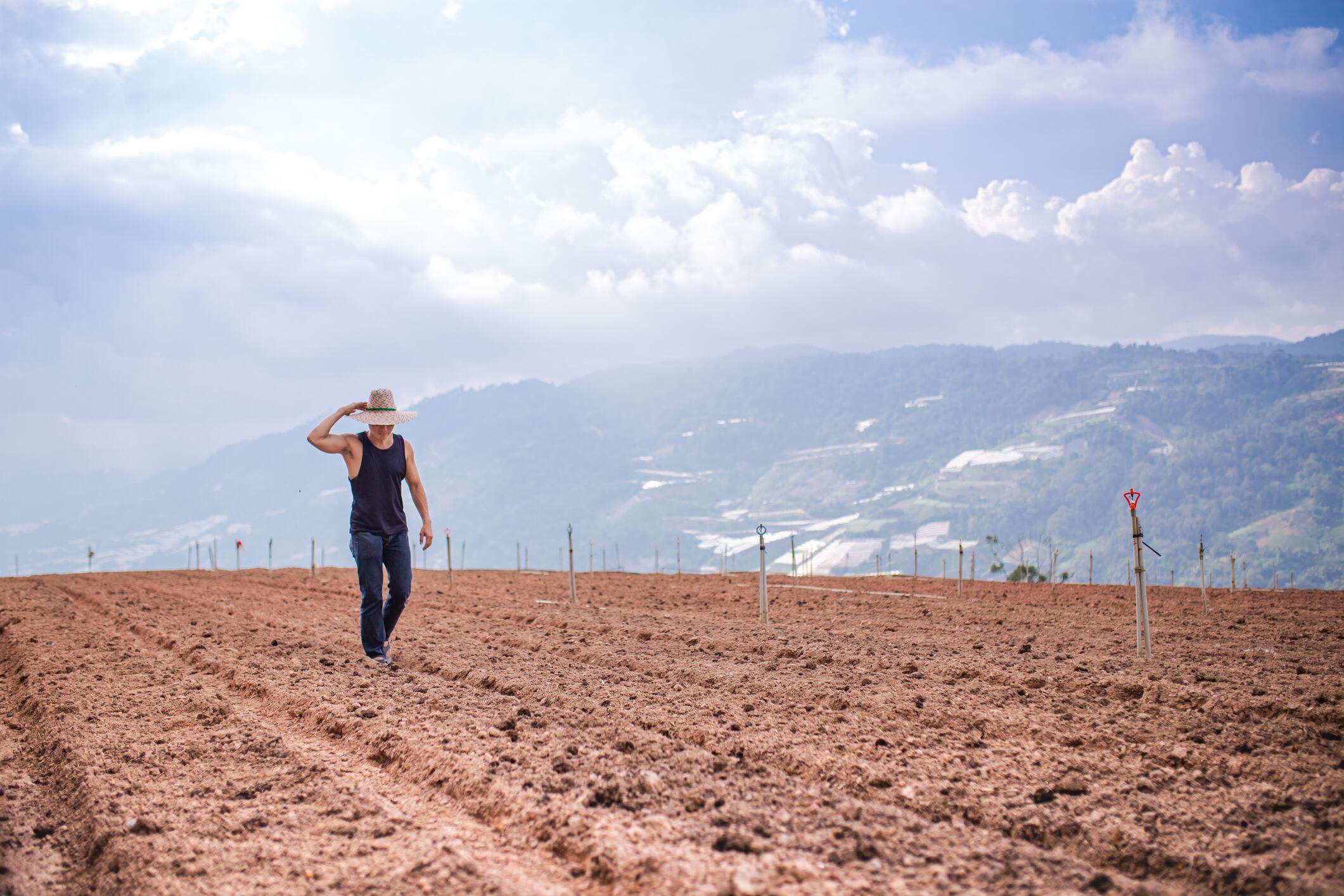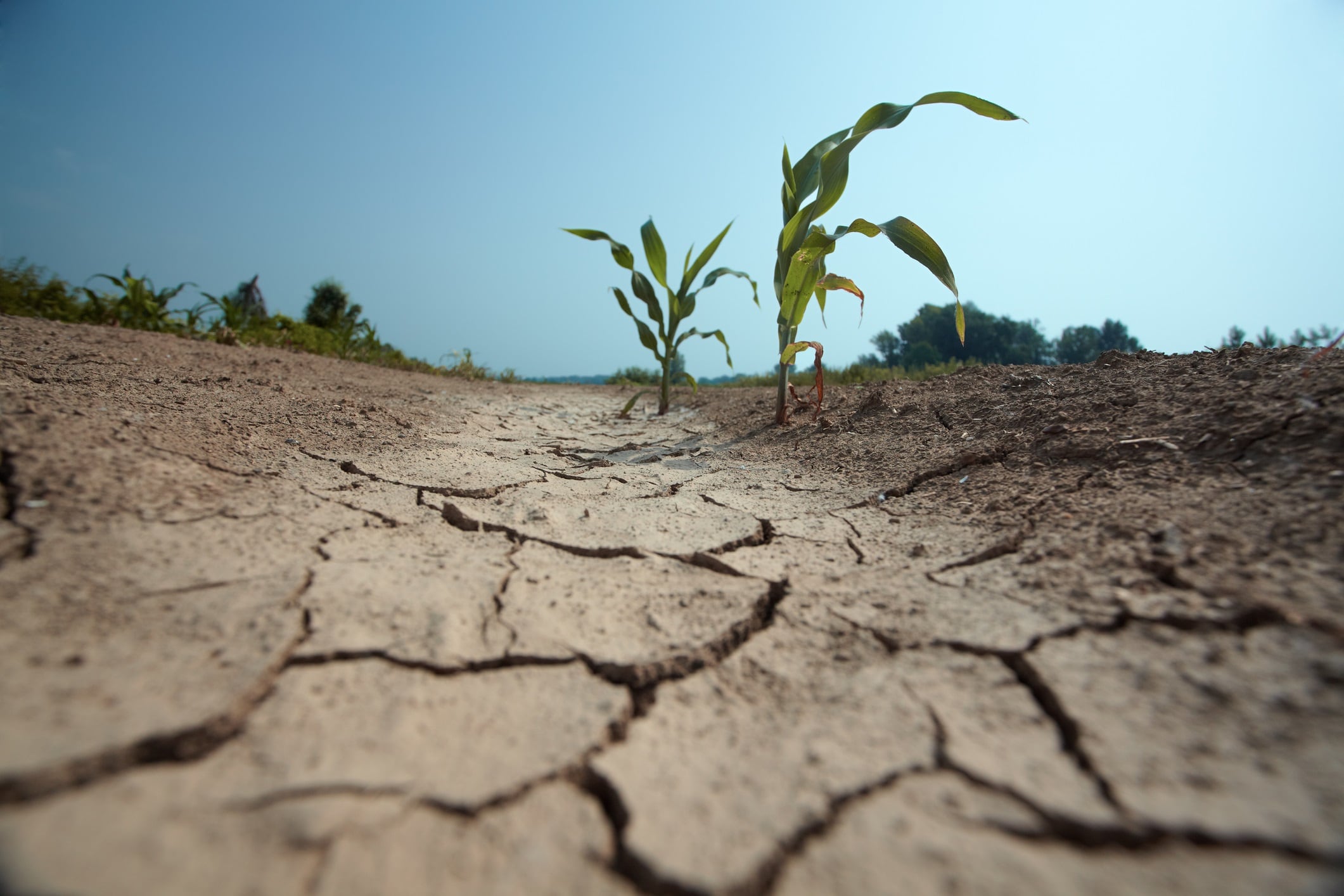The food industry is heading towards a commodity crisis and too little is being done to mitigate the predicted meltdown, an anonymous group of senior industry professionals has warned.
In a memo released to food and drink industry investors this morning, the group known only as Track x Food has called on investors to “explore the resilience” of disaster preparedness levels of the food companies they own or have shares in.
After meeting in secret for 18 months, the group, who combined have worked for over 50% of the UK’s leading grocery suppliers in senior positions, many for 20 or more years, have spoken out about the risk to future food and profit.
“We are releasing this memo because we have reached a moment of threat to food security like non other we have seen,” the group writes in the memo, coordinated by Ned Younger at Inside Track.
Food and drink production is under significant threat, with the sector unable to rely on the yield, quality or predictability of supply from most major sourcing regions in the coming years.
What is threatening food production and profit?
Soil degradation, extreme weather events, global heating and water scarcity are all contributing to a harrowing future, claims Track x Food.
Food and drink manufacturers have “sub-scale” risk mitigation strategies in place, but are being “assured by major audit & assurance firms and therefore giving false confidence to investors”.
Several key factors are feeding the sorry situation, the secret society writes. The competitive nature of the UK’s food industry is one such factor, followed by ill-equipped senior teams and boards, insufficient consideration for long term issues and “bias towards pleasing shareholders instead of being honest”.
Most of the three main strategies presented to investors to mitigate or resolve the main problems facing the future of food are insufficient, the group also suggests.
These include finding alternative sourcing regions, investing in resilience of current sourcing and investing in alternative food sources.
The memo
"We are releasing this Memo because we have reached a moment of threat to food security like none other we have seen. Yield, quality, and predictability of supply from many of our most critical sourcing regions is not something we will be able to rely upon over the coming years. The data on degrading soil health, water scarcity, global heating and extreme weather events back up what we are seeing from within the system: an interconnected set of crises.
These crises will have a meaningful commercial impact on our businesses…
Mitigation strategies meanwhile are simply not commensurate with the level of the risk we are facing. And yet they are being presented to investors as a fitting ‘solution’ to the situation we are in."
The UK’s Food and Drink Federation said the industry’s role in reducing its own environmental impact was recognised.
“Last year we set out ambitious net zero and nature restoration targets for 2030, including contributing to the UK’s Nature Positive ambition to halt and reverse nature loss by 2030,” a spokesperson said.
“We want to work collaboratively with government as it develops its Food Strategy to achieve a more sustainable food system, whilst ensuring the resilience of the sector and maintaining the UK’s food security.”
How will investors respond to climate threats?
However, some investment firms have already taken the memo’s claims seriously, urging others in the sector to do the same.
“We urge our colleagues in the investment industry to leverage their unique capabilities as investors to address this otherwise intractable sustainability challenge‚” says CCLA investment management’s director of stewardship Amy Brown.
Others have called the memo a “wakeup call”, saying investors may not be getting all the information they need, according to Planet and Carbon Tracker founder Mark Campanale.
Legal consultants have pointed out businesses will be required to take action through new regulation. “As the climate and nature crises accelerate, large food retailers and agribusiness are becoming exposed to a greater range of legal and transition risks,“ says Harj Narulla, barrister at climate law specialists, Doughty St Chambers.
“Under new climate and environmental regulation in Europe and the UK, companies will have more stringent climate and environmental reporting and due diligence obligations. These obligations increase the prospects of litigation, including against board directors for potentially breaching their fiduciary duties to shareholders,” adds Narulla.



